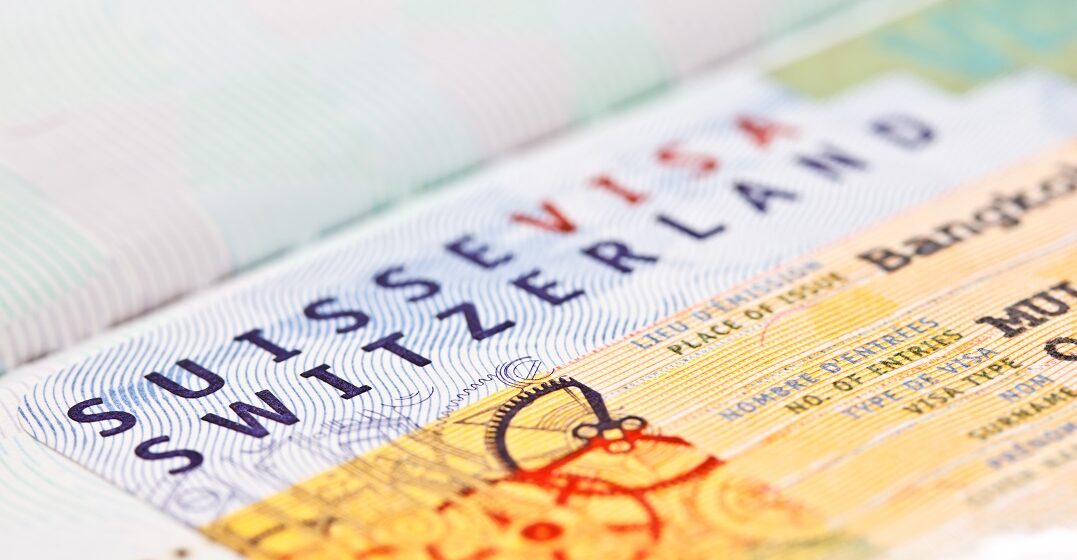by Laura Jones
Published on August 25, 2023
If you’re dreaming of pursuing a career in the financial hub of Zurich or would simply like to wake up every day to views of the Swiss Alps, you’re going to need a Swiss residence permit. Switzerland is one of the world’s most sought-after destinations for expats, thanks to its exceptional quality of life and booming economy (not to mention the chocolate and the scenery).
Let’s dive into how to navigate the immigration system and obtain a Swiss residence permit.
All foreign nationals who stay in Switzerland for over three months must apply for and obtain a residence permit. For citizens of the European Union (EU) and countries in the European Free Trade Association (EFTA), the process is relatively easy. With that in mind, we’ll focus on how non-EU nationals — often called “third-country nationals” — can get a residence permit in Switzerland.
While Switzerland offers various short-term visas for tourists, students and business activities, we’ll focus on longer-term residence permits for those who have fallen in love with Switzerland and wish to extend their stay.
The L permit is also called a short-stay permit, but it allows foreigners to stay in Switzerland for up to one year, which isn’t all that short. People who receive this permit must be in Switzerland for a specific purpose, though they don’t necessarily have to be employed.
Switzerland’s B permit is often referred to as a residence permit. Non-EU nationals who want to get a B permit in Switzerland must have an employment contract valid for over one year and have strong qualifications in their field of work. The permit lasts for one year and can be renewed as many times as necessary, as long as the holder remains employed in Switzerland.
The so-called settlement permit! After living in Switzerland for ten years (five of which must have been consecutive), non-EU nationals can apply for a C permit, which offers permanent residency.
To qualify for a C permit, you should have no criminal record and be able to prove that you have integrated into Swiss society. Your level of spoken language — often French or German, depending on where you live — is taken into account. The time required to qualify for this permit may be reduced depending on your country of origin and how well you are deemed to have integrated into Swiss society, among other factors.
With a C permit, there are no restrictions on where you can work or live. So, for those who want to live in Switzerland permanently, this is the golden ticket. The permit must be renewed every five years but does not expire. Those who hold a C permit may be eligible for Swiss citizenship.
The G permit is for residents of neighboring countries who work in Switzerland but return to their home country at least once a week. It is called a “cross-border commuter permit.”
We covered some of the requirements in the individual sections above, but there are some more general requirements relating to Swiss residence permits for non-EU nationals.
To sponsor a work permit for a particular role, the employer must first prove that there are no Swiss or EU/EFTA nationals who can do the job. They must also prove that the employee’s stay in Switzerland is in the country’s economic interests.
The Swiss residence B permit is the most common permit issued to foreigners who wish to work in Switzerland. To get this permit, the usual procedure for non-EU nationals is to apply for a job in Switzerland from outside the country. Once you have found a job, your employer will apply for a permit on your behalf. A residence permit does not automatically grant you entry to Switzerland, so check whether you need to get a visa before you travel.
For all residence permits, you or your employer must apply to the cantonal migration or employment authorities in your local commune. Procedures differ across the cantons, so contact your local office to find out what you need to do.
Navigating the Swiss residence permit process requires a bit of research and preparation. However, the rewards — from Switzerland’s high standard of living to its unmatched scenic beauty — are certainly worth the effort. Whether you’ve got a short-term employment contract or you’re already established in Switzerland, there’s a permit tailored to your needs. So, take the plunge and settle in Switzerland!
